Artist:
Elton Dean
Title:
Just Us
Year Of Release:
1998
Label:
Cuneiform Records [Rune 103]
Genre:
Free Jazz, Jazz Rock, Canterbury Scene
Quality:
FLAC (tracks + .cue,log,scans)
Total Time: 65:41
Total Size: 405 MB(+3%)
WebSite:
Album Preview
Tracklist1. Ooglenovastrome - 15:18
2. Something Passed Me By - 5:31
3. Blind Badger - 6:41
4. Neo-Caliban Grides - 6:53
5. Part: The Last - 5:48
6. Banking On Bishopsgate - 20:30
7. Fun Cup - 4:28
personnel : Neville Whitehead - Bass
Roy Babbington - Bass
Mark Charig - Cornet
Phil Howard - Drums
Mike Ratledge - Piano, Organ
Elton Dean - Saxophone [Alto], Saxello, Piano
Drums – Louis Moholo (track 7)
Bass [6 String Electric], Guitar – Jeff Green (tracks: 6, 7)
Trombone – Nick Evans (tracks: 6, 7)
welcome reissue of music first recorded in 1971 and 1972, shortly before Dean left the popular British jazz-rock group the Soft Machine, which he had officially joined only a short time earlier, in late 1969. On this recording, Dean plays alto sax, saxello and electric piano and is aided by a group of musicians which includes two additional Soft Machine members, Mike Ratledge on organ and electric piano and Roy Babbington on string bass. One of Dean's compositions on Just Us, "Neo-Caliban Grides," was actually recorded by the Softs, however, in spite of the obvious parallels, Dean's group is by no means a Soft Machine knock off. The absence of drummer/vocalist Robert Wyatt and bassist Hugh Hopper reduces both the rock element and the experimental electronics, while the presence of the additional musicians -- especially Marc Charig on cornet -- gives Dean's group a fuller sound and one that is much more in the jazz tradition. Charig's contributions on horn and those of an electric guitarist on several tracks, invite some obvious comparisons with the Miles Davis electric band of the Bitches Brew era. And with the extraordinary recording by the Davis group having been released only two years earlier in 1969, its influence on hip young British jazz players would have been substantial. Dean's prominent use of the electric keyboards also provides an obvious parallel with the contemporaneous Davis group.~William Tilland
Exact Audio Copy V0.99 prebeta 4 from 23. January 2008
EAC extraction logfile from 7. September 2008, 11:52
Elton Dean / Just Us
Used drive : HP DVD Writer 640b Adapter: 4 ID: 0
Read mode : Secure
Utilize accurate stream : Yes
Defeat audio cache : Yes
Make use of C2 pointers : No
Read offset correction : 102
Overread into Lead-In and Lead-Out : No
Fill up missing offset samples with silence : Yes
Delete leading and trailing silent blocks : No
Null samples used in CRC calculations : Yes
Used interface : Installed external ASPI interface
Gap handling : Appended to previous track
Used output format : User Defined Encoder
Selected bitrate : 320 kBit/s
Quality : High
Add ID3 tag : No
Command line compressor : C:\Program Files\Exact Audio Copy\FLAC\FLAC.EXE
Additional command line options : -6 -V -T "ARTIST=%a" -T "TITLE=%t" -T "ALBUM=%g" -T "DATE=%y" -T "TRACKNUMBER=%n" -T "GENRE=%m" -T "COMMENT=%e" %s -o %d
TOC of the extracted CD
Track | Start | Length | Start sector | End sector
---------------------------------------------------------
1 | 0:00.00 | 15:22.65 | 0 | 69214
2 | 15:22.65 | 5:37.65 | 69215 | 94554
3 | 21:00.55 | 6:46.17 | 94555 | 125021
4 | 27:46.72 | 6:58.13 | 125022 | 156384
5 | 34:45.10 | 5:53.07 | 156385 | 182866
6 | 40:38.17 | 20:33.70 | 182867 | 275411
7 | 61:12.12 | 4:29.28 | 275412 | 295614
Track 1
Filename C:\Elton Dean - Just Us\01Ooglenovastrome.wav
Pre-gap length 0:00:02.00
Peak level 94.2 %
Track quality 100.0 %
Copy CRC E79BA8BE
Track not present in AccurateRip database
Copy OK
Track 2
Filename C:\Elton Dean - Just Us\02Domething Passed Me By.wav
Pre-gap length 0:00:04.20
Peak level 96.0 %
Track quality 100.0 %
Copy CRC 42F0D5D6
Track not present in AccurateRip database
Copy OK
Track 3
Filename C:\Elton Dean - Just Us\03Blind Badger.wav
Pre-gap length 0:00:05.63
Peak level 96.3 %
Track quality 100.0 %
Copy CRC 0E3315D9
Track not present in AccurateRip database
Copy OK
Track 4
Filename C:\Elton Dean - Just Us\04Neo-Caliban Grides.wav
Pre-gap length 0:00:04.12
Peak level 94.5 %
Track quality 100.0 %
Copy CRC 96F97244
Track not present in AccurateRip database
Copy OK
Track 5
Filename C:\Elton Dean - Just Us\05Part- The Last.wav
Pre-gap length 0:00:03.68
Peak level 89.6 %
Track quality 100.0 %
Copy CRC BA230059
Track not present in AccurateRip database
Copy OK
Track 6
Filename C:\Elton Dean - Just Us\06Banking On Bishopsgate.wav
Pre-gap length 0:00:04.32
Peak level 78.5 %
Track quality 99.9 %
Copy CRC 0F75E042
Track not present in AccurateRip database
Copy OK
Track 7
Filename C:\Elton Dean - Just Us\07Fun Cup.wav
Pre-gap length 0:00:02.67
Peak level 74.7 %
Track quality 100.0 %
Copy CRC 00F0E1E8
Track not present in AccurateRip database
Copy OK
None of the tracks are present in the AccurateRip database
No errors occurred
End of status report
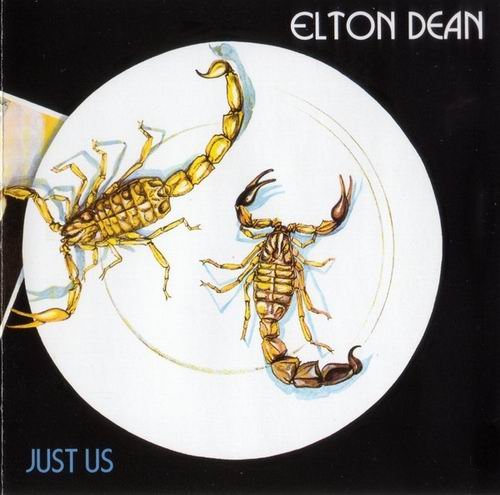
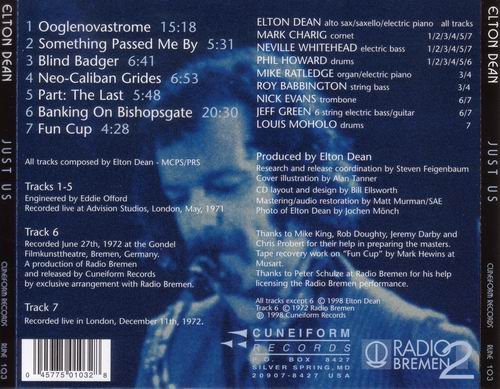

![Marius Neset - Time to Live (2026) [Hi-Res] Marius Neset - Time to Live (2026) [Hi-Res]](https://www.dibpic.com/uploads/posts/2026-02/1771945711_folder.jpg)
![Double Drums, Philipp Jungk & Alexander Glöggler - All You Can Beat (2026) [Hi-Res] Double Drums, Philipp Jungk & Alexander Glöggler - All You Can Beat (2026) [Hi-Res]](https://www.dibpic.com/uploads/posts/2026-02/1771946421_folder.jpg)
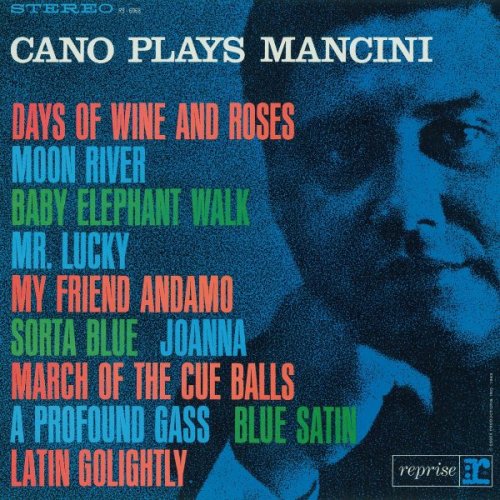
![Martin Listabarth Trio - In Her Footsteps (2026) [Hi-Res] Martin Listabarth Trio - In Her Footsteps (2026) [Hi-Res]](https://www.dibpic.com/uploads/posts/2026-02/1771946819_folder.jpg)
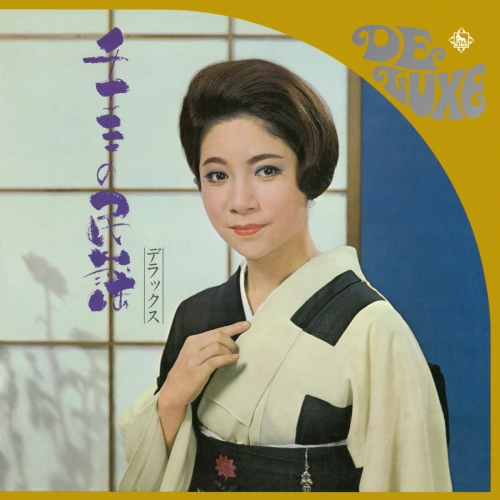
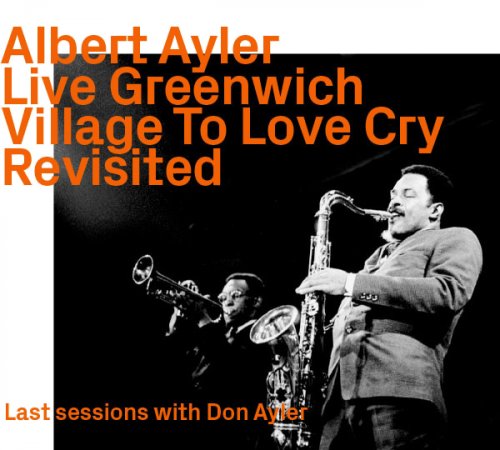
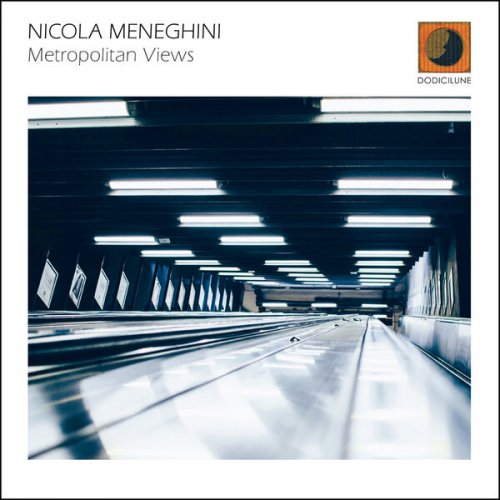
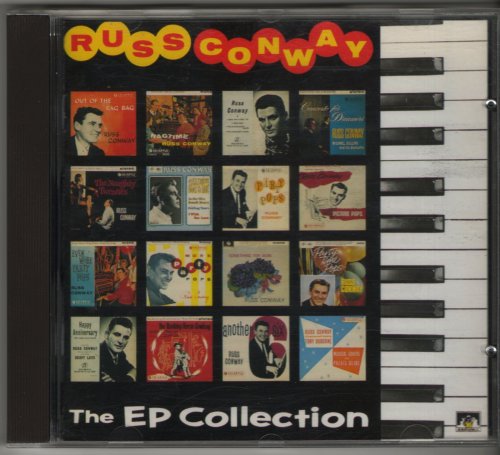
![Booker Stardrum - Close-up On The Outside (2026) [Hi-Res] Booker Stardrum - Close-up On The Outside (2026) [Hi-Res]](https://img.israbox.com/img/2026-02/26/hpg09p4i0w4yrzyjek6j087fv.jpg)